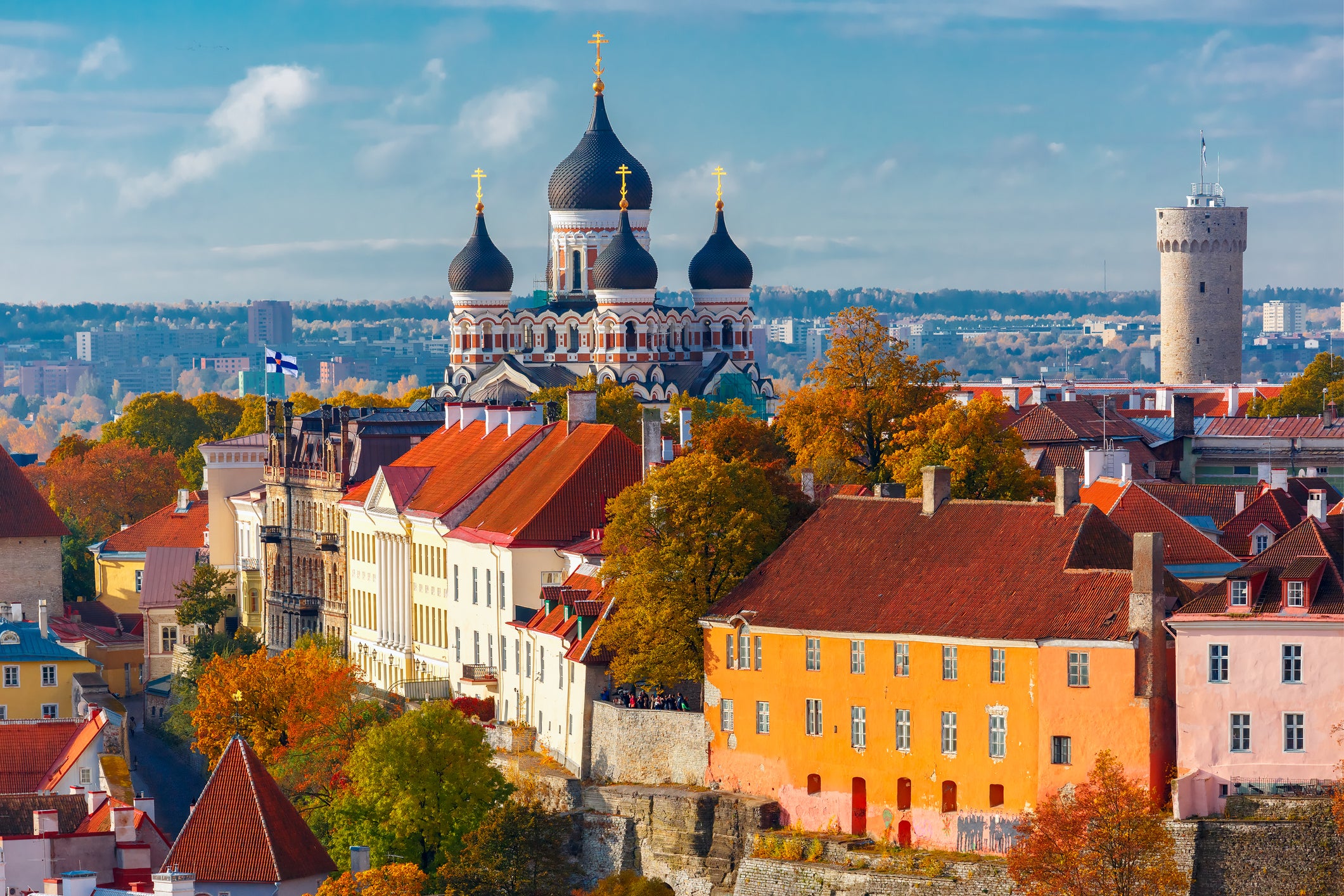Travel corridors: Estonia and Latvia removed from quarantine-free list
Returning travellers must now self-isolate for two weeks

Your support helps us to tell the story
From reproductive rights to climate change to Big Tech, The Independent is on the ground when the story is developing. Whether it's investigating the financials of Elon Musk's pro-Trump PAC or producing our latest documentary, 'The A Word', which shines a light on the American women fighting for reproductive rights, we know how important it is to parse out the facts from the messaging.
At such a critical moment in US history, we need reporters on the ground. Your donation allows us to keep sending journalists to speak to both sides of the story.
The Independent is trusted by Americans across the entire political spectrum. And unlike many other quality news outlets, we choose not to lock Americans out of our reporting and analysis with paywalls. We believe quality journalism should be available to everyone, paid for by those who can afford it.
Your support makes all the difference.Estonia and Latvia have both been removed from the government’s list of travel corridors this week.
It means travellers arriving into England, Wales and Northern Ireland from these countries will have to quarantine for two weeks if they arrive after 4am on 28 November,
Transport secretary Grant Shapps tweeted: “Latest data means we must remove ESTONIA and LATVIA from the #TravelCorridor list. From 4am Saturday 28th November, if you arrive into the UK from these destinations you will need to self-isolate.”
Meanwhile, a number of destinations were added to the list, meaning those arriving after the Saturday cut-off will no longer have to quarantine.
Bhutan, Timor-Leste, Mongolia and Aruba all received the green light, alongside the Pacific Islands of Samoa, Kiribati, Micronesia, Tonga, Vanuatu and the Solomon Islands.
The changes will likely be reflected in the Foreign Office’s (FCDO) own list of countries exempt from its blanket advice against all non-essential international travel.
Of the destinations that have been added to the quarantine-free list, the Caribbean island of Aruba is potentially of most interest to UK holidaymakers - provided they submit a negative PCR test taken no more than 72 hours before departure to Aruba, travellers are permitted to enter the country with no requirement to self-isolate on arrival.
The Department for Transport (DfT) has also confirmed that the total travel ban on Denmark will be lifted as of 4am on Saturday (although the country remains off the travel corridors list, necessitating a two-week quarantine for all arrivals).
The ban was previously introduced after widespread coronavirus infection was found in Denmark’s mink farms.
Following pressure from the travel industry, the DfT has confirmed that the current two-week quarantine requirement is soon to be replaced with a “test and release” system.
From 15 December, travellers arriving from countries that are not on the travel corridors list can opt to pay for a Covid-19 LAMP test on day five of their self-isolation. If the test is negative, they will be released from quarantine early.
The list of countries exempt from quarantine upon arrival into the UK continues to be updated on a weekly basis, despite the fact that nearly all travel remains prohibited in England.
From 5 November to 2 December, all leisure travel, both domestic and international, is banned, with the only exceptions being essential travel for work, education or a small range of other “legally permitted” reasons.
The Foreign Office and DfT advice and guidance therefore only applies to returning travellers; it does not permit Brits to suddenly travel abroad on holiday.
The DfT has said that, during lockdown, “people can no longer travel to take holidays or travel internationally – unless for work or other legally permitted reasons. Those in breach of the rules face penalties starting at £200 and rising to a maximum of £6,400.”

Join our commenting forum
Join thought-provoking conversations, follow other Independent readers and see their replies
Comments